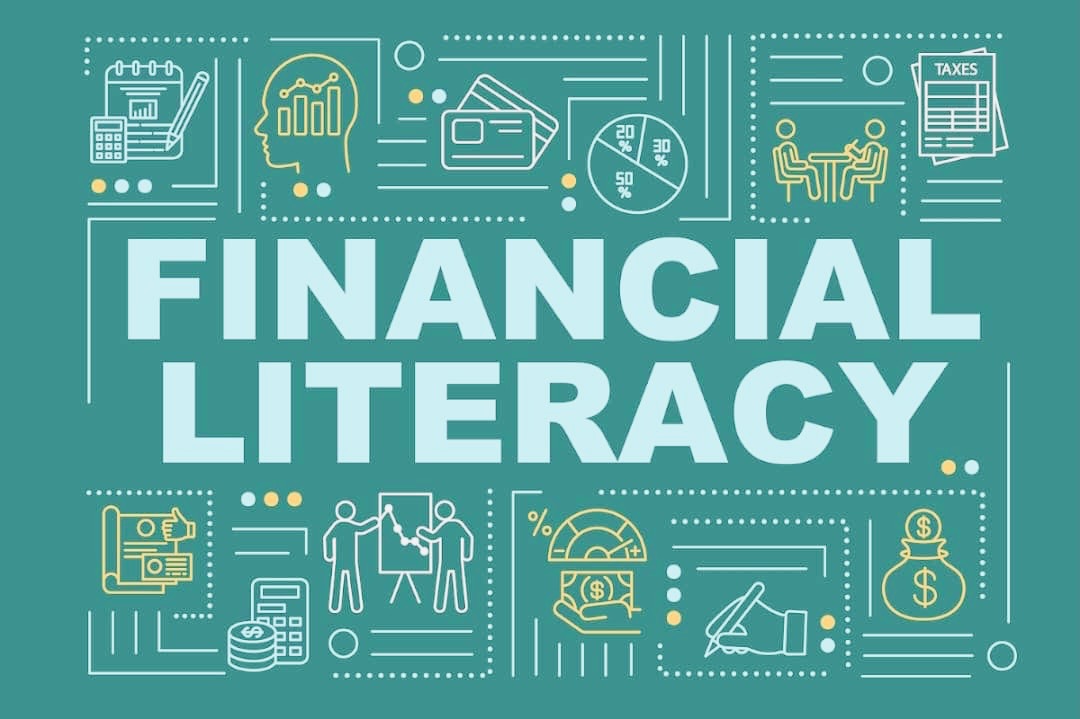Company empowers 1,000 Lagos students with financial literacy skills
By Taiye Olayemi No fewer than 1,000 Lagos students have been empowered in financial literacy skills by Coronation Group Ltd. in commemoration of the 13th edition of the Global Money Week. Mr Wole Onasanya, Managing Director of Coronation Group, in a statement on Tuesday, said that theContinue Reading













